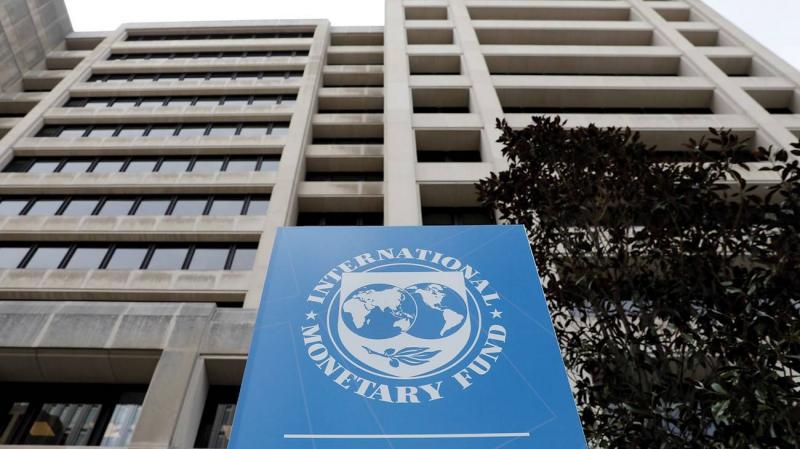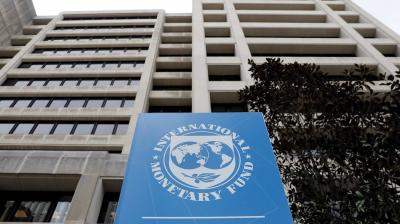There is growing concern among local financial sector circles regarding the government's persistent "indifference" towards the gradual and ongoing exit of the country and its institutions from international financial markets. This situation has been exacerbated by the increasing trend of withholding financial data related to Lebanon and its economy by global financial institutions and international credit rating agencies. A senior banking official has warned that the country may be entering a phase of rapid descent into a state of "uncertainty," the repercussions of which are as serious as being engulfed in the whirlpool of the severe monetary and financial collapses that followed the government's decision in the spring of 2020 to announce an unstructured default on international bond payments (Eurobonds), which legally triggered the maturity of the entire public debt portfolio of these bonds, amounting to approximately $30 billion, scheduled for servicing interest and principal until 2037.
### Incomprehensible Neglect
According to the banker, it is entirely incomprehensible that there has been no observed reaction from the executive authority and relevant ministries, nor any assessment of the catastrophic damages in the near and medium term due to the ongoing withdrawal of Lebanon's data and economic forecasts from the periodic reports of international institutions, which are primarily relied upon to help chart a path out of the systemic crises that are nearing their fifth consecutive year.
In practical terms, the international credit rating agency "Fitch" has reported that it will cease issuing ratings specifically for Lebanon due to the lack of sufficient financial and monetary statistics, noting in its report that the most recent financial statistics date back to 2021. Meanwhile, the International Monetary Fund has taken the lead in withholding Lebanon's data and forecasts for the current year, followed by the World Bank, which will remove this data starting next year.
The absence of statistics and forecasts for any country and its economy from major international institutions, according to the concerned official, represents a real and irreplaceable gap in addressing international donors and investors who rely on these reports as a trusted reference for their decisions, especially regarding data on gross domestic product, public finances, and other vital indicators encompassing the balance of payments and trade balance, in addition to the financial sector's budgets and other statistics and future forecasts.
### Increasing Ambiguity and Concern
A financial official involved with the matter told "Asharq Al-Awsat" that the World Bank's recent decision to withhold Lebanon from its forecasts reflects the rising risk levels and the thick fog surrounding internal circumstances, particularly regarding the prolonged delay in electing a new president and the ongoing doubts about the effectiveness of the caretaker government, which has been in place for more than two years.
The anticipated repercussions of withholding Lebanon's data are compounded by the ongoing reality of dense ambiguity and unconstructive uncertainty recognized by international financial references and creditworthiness evaluation institutions, raising renewed concerns regarding the repeated deadlines granted by the Financial Action Task Force to Lebanon to make tangible progress in addressing deficiencies in combating money laundering.
The latest data in this context indicates that Lebanon is again close to slipping into a downgrade of its sovereign rating and being placed on the "gray" list during the upcoming meeting of the task force in the fall, unless prompt adherence to a set of legal and judicial measures aimed at closing questionable channels of corruption is achieved despite acknowledging the soundness of the required response from financial sector institutions and the situational assessment of the difficulty in complying with politically oriented measures.
### Mansouri's External Efforts
The acting central bank governor, Wassim Mansouri, is making intensive external efforts to secure an extension while simultaneously taking internal actions and issuing successive decisions in his capacity as head of the Special Investigation Commission tasked with combating financial crimes, including strict control over the money supply, limiting cash transactions, freezing suspicious accounts of both former civilian and non-civilian officials, and providing local and international judiciary authorities with any requested documents or data related to financial suspicions and ongoing investigations.
Mansouri emphasizes in his internal and external meetings, the latest of which was with senior officials from the U.S. Treasury Department and the International Monetary Fund and World Bank, the priority of activating accountability through the judiciary and initiating structural reforms within the state and updating management, as essential foundations for correcting deviations and determining the path to recovery and revival.




